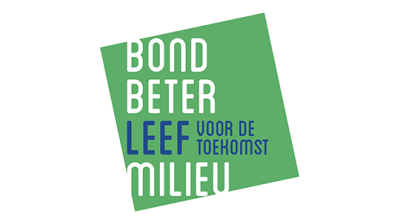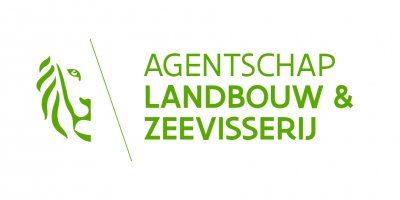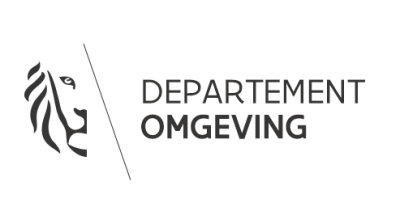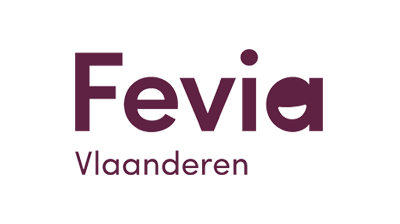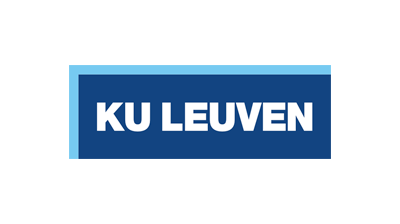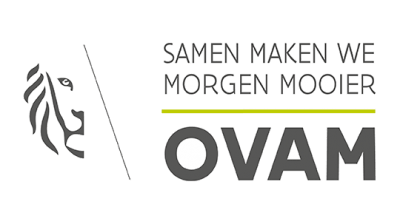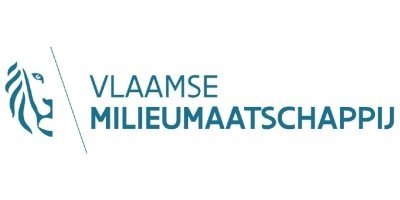Flemish Environment Agency
Circular material use for bridge construction
Working towards a better living environment in Flanders. That is the core task of the Flemish Environment Agency (VMM). That is why the government organisation itself wants to play a pioneering role in environmental care and wants to limit the impact of its operations on the environment as much as possible. VMM is therefore also committed to the circular economy and tries to build in a material-conscious manner.
Currently, they are investigating what is possible in the construction of bridges.
The VMM itself regularly has to build bridges for agricultural use or pedestrians. Until now, these have mostly been wooden bridges, but wooden bridges on steel girders or concrete bridges have also been used. In the past, prefab wooden composite beams have also been used (glued trusses).
On the basis of a number of concrete projects, the VMM will now investigate the possibilities of using circular materials for their bridges. They are looking in the direction of certain composite plastic bridges. These appear to have a very long life span and, if desired, can be taken back by the supplier and reused in other projects. A few composite bridges have already been built.
They are also investigating the possibility of using green concrete. The construction world has a surplus of broken concrete and stone rubble. The question is whether green concrete, which is made partly from this rubble and is therefore less solid than quality concrete, is durable enough for VMM's applications. For VMM, for example, it is not so important how thick bridge foundations are. The weakness of the green concrete could therefore be compensated by larger dimensions. The first applications of green concrete in the bridges built by VMM will probably be by the end of 2021.
Finally, the VMM is also looking at alternative possibilities for the piles they use. European grown class 1 wood is of course an excellent alternative to tropical hardwood. But the VMM will also investigate whether poles made of recycled plastic are possible. Just think of poles from recycled PET bottles or, for heavier work, pressed car parts that are no longer recoverable.
For this project, the VMM is working together with the WTCB and with companies that are developing these new materials. They hope to give promising initiatives in the market a chance to prove themselves or find an application.


